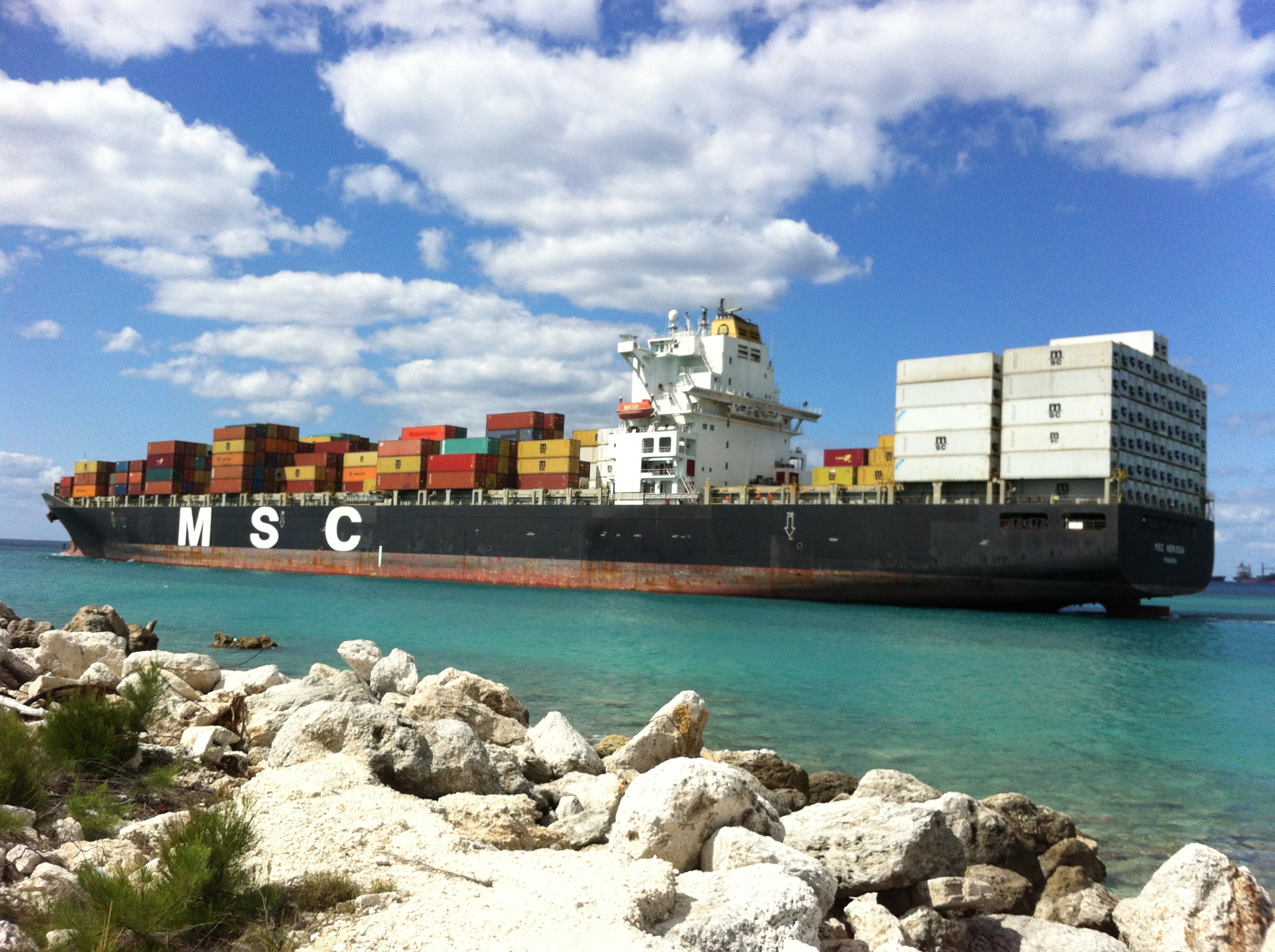Colleagues: Many of you have asked for a good update on the state of affairs in Russia. My good friend Bill Courtney co-authored this excellent analysis of the “Two Russias”, which is reprinted with his approval.
Dealing with Two Russias
By DENIS CORBOY, WILLIAM COURTNEY and KENNETH YALOWITZ
International Herald Tribune
January 24, 2013
TWO Russias are emerging — one seeking freedom and prosperity, the other focused on patriotism and populism. In the first, people can travel abroad, buy and sell their homes and keep money securely in banks. In the other Russia, President Vladimir Putin stifles dissent, alleges NATO missile defense threats, and seeks to ensnare former Soviet neighbors in an unequal Eurasian union. A new diplomacy that deals effectively with both Russias is essential.
The first Russia is modernizing. In 2011 it had the world’s sixth-largest economy by purchasing power parity. Gross national income per capita was approximately $20,000, akin to European Union members Poland and Hungary. Wealthier people often own foreign property or send children abroad for study.
In some areas Russia cooperates with the West. It facilitates supplies for NATO forces in Afghanistan, backs selected sanctions on Iran’s illicit nuclear program and launches rockets to the international space station. And Russia concluded a new strategic arms treaty with America.
The second Russia is retrograde. It is returning to a more statist and authoritarian past, away from ideals of civil liberties and the rule of law. The Soviet Union is not about to reappear, but democracy-building groups are under assault, dissidents are thrown into psychiatric hospitals and justice is politically rigged. Russia ranks 142 out of 179 countries in the Press Freedom Index compiled by Reporters Without Borders.
The West should employ differing strategies in dealing with each of the two Russias, recognizing that “patriotic” forces are in power for now, but that they are increasingly alienating the urbanized and educated.
Modernizing elites value a growing economy and globalizing ties. Thus the West should encourage Russia to abide by the rules of the World Trade Organization, which should increase the competitiveness of Russia’s economy. A recent U.S. accord on intellectual property rights will help ensure that Russia benefits from its high-tech sectors. In the Arctic Council, Moscow is cooperating to seek economic opportunity while protecting the environment.
At the same time, Russia’s energy competitiveness is declining because of governmental interference. Offering more leeway for Western investment and technology to develop challenging deposits would help Russia regain export momentum. In this, the bold Exxon Mobil venture with Rosneft for Arctic exploration will be a bellweather.
Diplomacy with the second Russia should be guided by the West’s long-term interest in internal liberalization and fair treatment of others. The West should revive tenets of human rights diplomacy from the Soviet era, such as speaking out publicly against repression and raising individual cases of injustice at high levels. The West has been too quiet about systematic human rights abuses in the North Caucasus.
But outsiders can do little to advance reform in Russia except through personal interaction and Internet communication. The Kremlin ended U.S.A.I.D. programs, though the E.U.-Russia civil society forum remains helpful. Courageous foreign-funded groups such as Golos, which monitors elections, face harassment or closure. Cooperation on nuclear security is impeded; Moscow cancelled the Nunn-Lugar program.
Internationally, Russia struggles to retain its identity as a great power, even though it is being eclipsed by more dynamic areas of the world such as East Asia. But stubborn support for the Assad regime in Syria has tarnished the prestige of Russia, and intimidation of neighbors leaves it without friends or allies.
While not easy, the West has taken steps to counter retrograde Russia. In December, Secretary of State Hillary Clinton warned against efforts to “re-Sovietize” its neighborhood by forcing a Eurasian economic union. The West has also encouraged Georgia to improve ties with Russia while helping it deter a reprise of the 2008 invasion. The West aids Caspian energy producers by backing multiple export routes to Turkey, Black Sea ports and China.
Retrograde Russia can be its own worst enemy. Last month at an E.U. summit, Putin lambasted as “uncivilized” proposals that would treat Russian ownership of energy assets in the E.U. the same way as property of other energy producers. A law to ban adoption by Americans of Russian children, many of them orphans with special needs, caused dismay. It was meant as a riposte to a recent U.S. law, the Sergei Magnitsky act, which prohibits entrance into the United States and use of its banking system by Russians who commit gross violations of human rights. On this front, fewer Western summits with Putin, and E.U. steps akin to the Magnitsky act, merit consideration.
Dual track diplomacy, embodying pragmatic but principled approaches, would foster cooperation with Russia on common interests while lifting the spirits of those who seek democracy and respect for human rights.
Denis Corboy, a visiting senior research fellow at Kings College, London, served as European Commission ambassador to Armenia and Georgia. William Courtney was U.S. ambassador to Kazakhstan and Georgia, and special assistant to the president for Russia, Ukraine and Eurasia. Kenneth Yalowitz served as U.S. ambassador to Belarus and Georgia.

